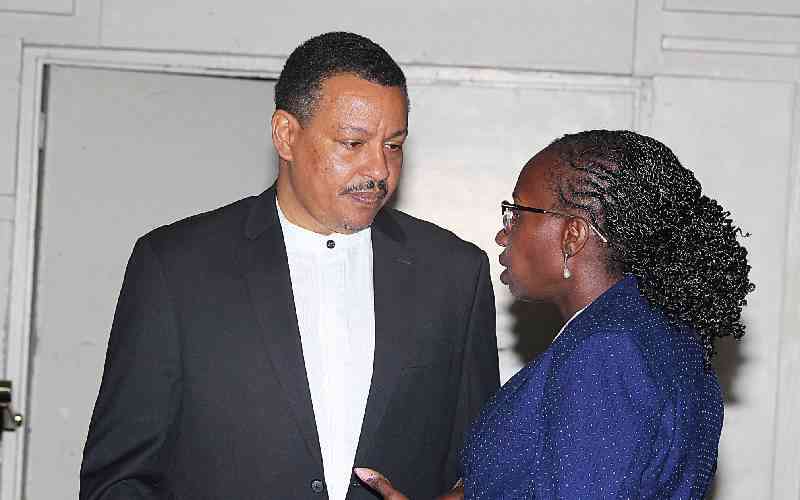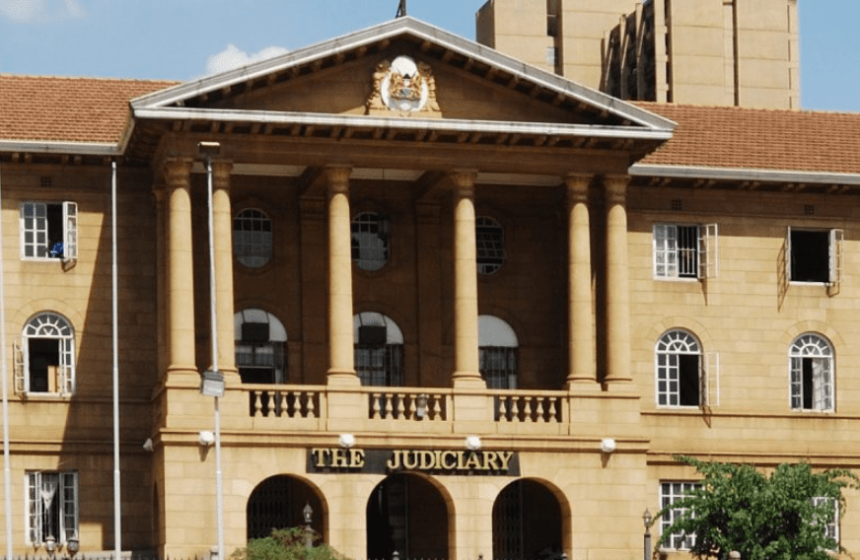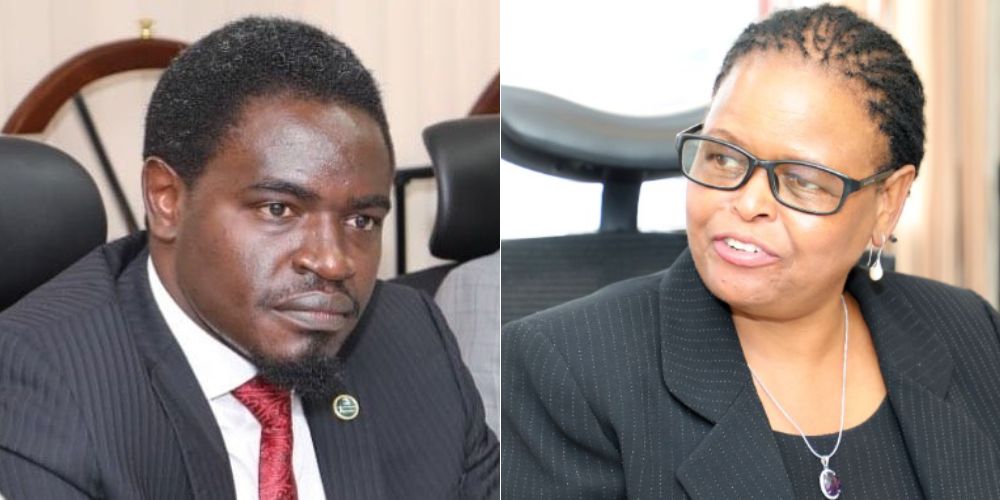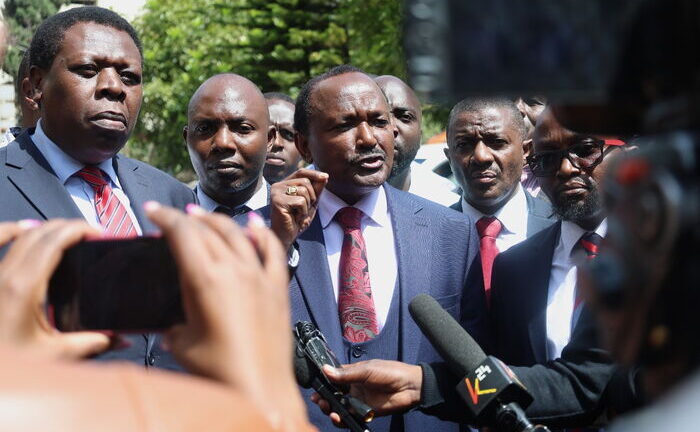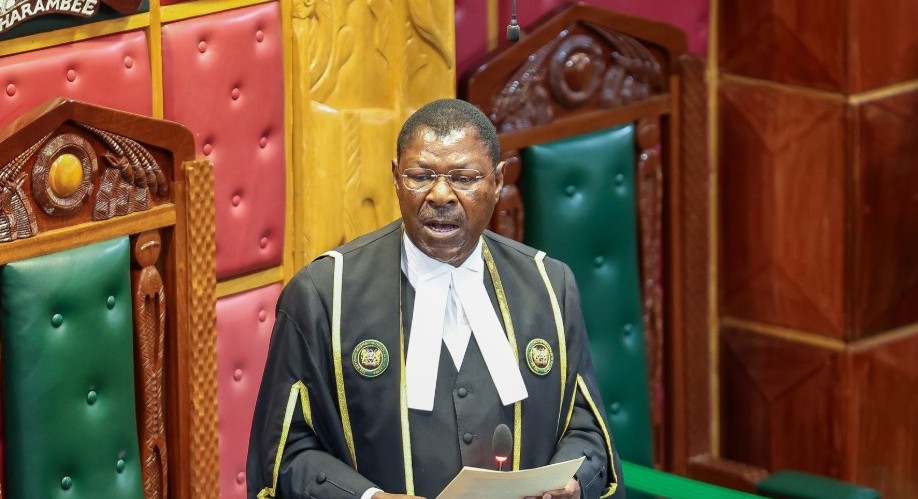
In a dramatic turn of parliamentary affairs today, the National Assembly has thrown the controversial Creative Economy Support Bill into the spotlight—and into possible constitutional conflict—by ordering an emergency review over its classification as a Money Bill.
At the heart of the storm: the Creative Economy Support Bill (Senate Bills No. 30 of 2024), championed by Migori Senator Eddy Oketch. The bill aims to establish a Creatives Fund and a credit guarantee scheme to unlock financing and capacity-building for artists and creative professionals nationwide—a lifeline to a long-neglected sector. Its support mechanisms include parliamentary funding, grants, and donations, to be disbursed under criteria set by the Cabinet Secretary.
But the calm is shattered. National Assembly Speaker Moses Wetang’ula has ordered the Finance and National Planning Committee to launch a probing review at first reading, pressing lawmakers to grapple with whether the bill’s structure triggers the constitutional safeguards reserved for Money Bills.
Under Kenyan law, Money Bills—reserved for taxation, public revenue, or expenditure proposals—are subject to strict procedural rigour and executive oversight. Labelling this measure a Money Bill would dramatically reshape its path through Parliament, potentially limiting the Senate’s role. The bill itself asserts it is not a Money Bill under Article 114 of the Constitution.
Tensions are high. Senator Oketch argues this bill arrives at a watershed moment: Kenya’s creative industry, fueled by digital platforms and burgeoning talent, now demands institutional recognition and backing. The bill aspires to form a Creative Industry Guild to safeguard intellectual property, streamline royalties, drive incubation services, and enhance both national and county-level coordination.
Beyond that, the bill positions itself as a transformative force—offering subsidies, intellectual property protection, research support, incubation programmes, and grants through a Creatives Fund composed of parliamentary allocations, donations, and bequests. The Executive will determine grant eligibility through regulation.
Yet its impact could stretch well beyond artists and innovators. The proposed Guild, with its national and county footprints, touches on culture and entertainment—areas constitutionally devolved to county governments—triggering concerns over jurisdictional overreach.



